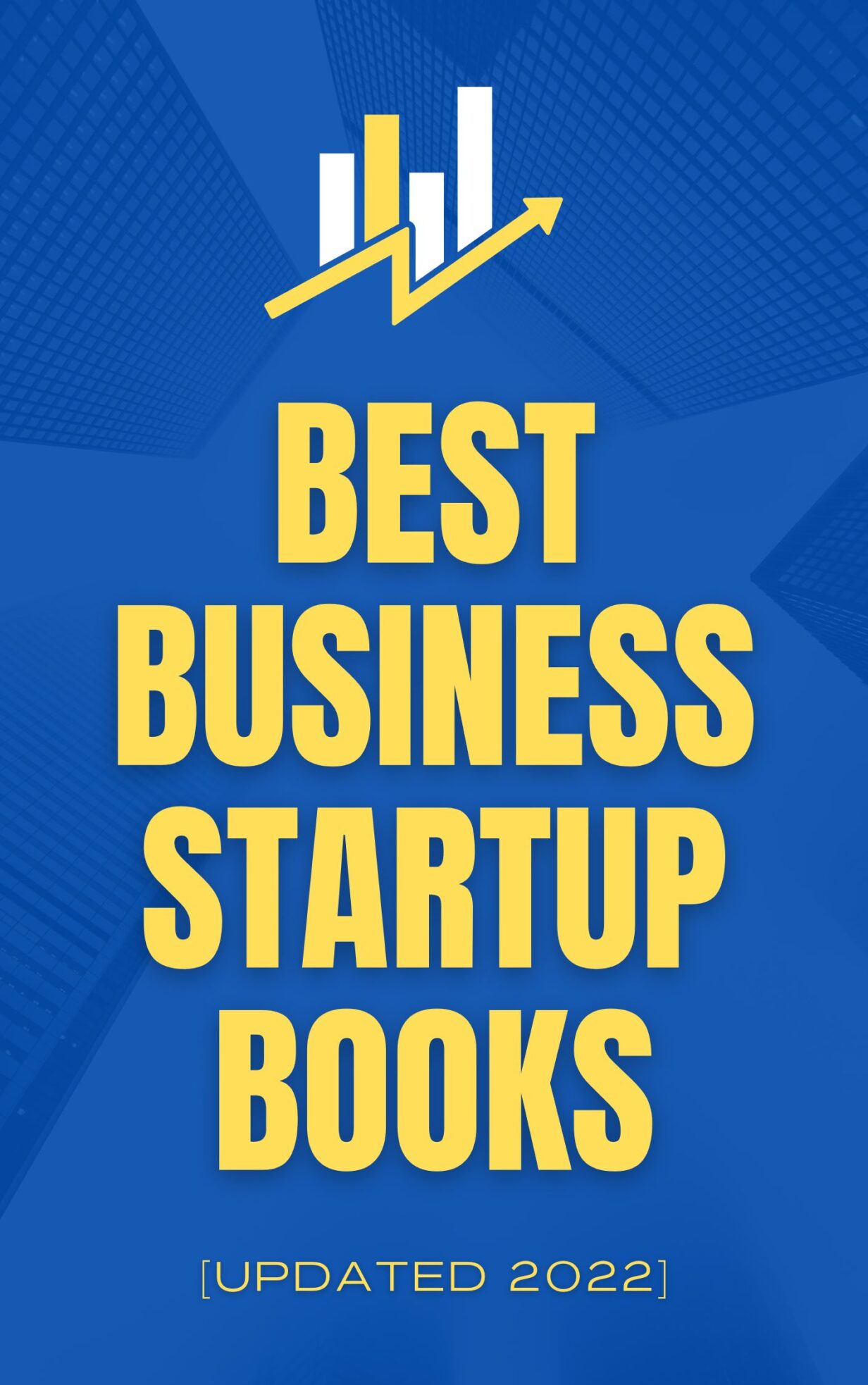
Best Business Startup Books [Updated 2022]
My list of some of the best business startup books to launch your next big idea, launch your startup business, raise Venture Capital, and scale to new heights.
Whether we’re starting, growing, or struggling in our businesses, helpful books can bring us much-needed insights, strategies, and motivation to press on and unlock success, despite the odds. I’ve compiled a list of some of my favorites – from books to products, from insightful quotes to impactful videos – use these resources, bookmark this page, and feel free to share with others.
Here are some interesting books on the journey of startups – getting off the ground, formulating your idea, and trekking through the decisions that might make or break you.
- No Startup Left Behind: How to Launch an Idea and Skyrocket to Success (Reagan T. Pollack)
- Great for: First-Time Founders, Veteran Startup Entrepreneurs, Small Business Owners, Venture Capital backed Teams
- Key Topics: How to pick the right idea to launch, how to think like the customer and design exceptional experiences, how to launch and get to market quickly, how to measure return on ad spend, how to incorporate profitability into your products/services, how to scale to your first million and beyond and what to expect along the way.
- Why I Recommend it: It’s rare to be able to hear what not to do in your company. Let’s face it, most business advice is very high-level; barely scratching the surface of what founders must focus on when launching and growing their ventures. What founders really need is the cold, hard, honest truth and key lessons learned from founders who have been there and done that, failed miserably, and scaled to success – by painting the picture of what not to do and what to do, entrepreneurs see the entire picture more clearly and can learn how to leap over avoidable business traps, hire the right people at the right time, and maneuver more gracefully (and quickly) to find profitable success.
- Zero to One: Notes on startups, or how to build the future (Peter Thiel and Blake Masters)
- Great for: First-Time Founders, Veteran Startup Entrepreneurs, Small Business Owners, Venture Capital backed Teams
- Key Topics: How to build a company that dominates a market and creates a unique and competitive advantage, how technology radically helps companies scale and create key differentiators, and how to overcome the competition by creating a pseudo monopoly.
- Why I Recommend it: Peter Thiel is heralded as one of Silicon Valley’s great angel investors, as well as a successful entrepreneur with his fame from PayPal, Palantir, Clarium Capital and more. Clearly, he has distilled what separates the breakout companies and their founders, from the rest of the pack – and in large part, this book delivers on that assessment. Often we look at what mechanical elements to adjust to drive higher success in various areas of our companies, when in fact a key evaluation must be made at the earlier outset of what you are intending to really build that will dominate the landscape for you e.g; Facebook, eBay, Amazon, PayPal are just a few companies that have, with technology, built entirely new markets that they could be the leader in from the outset, as opposed to launching an undifferentiated, or mildly different, widget in a sea of competitors.
- The Art of the Start 2.0 (Guy Kawasaki)
- Great for: First-Time Founders and Venture Capital backed Teams
- Key Topics: How to think about building a great product, how to pitch investors successfully, and how to navigate early-stage startup days.
- Why I Recommend it: Guy Kawasaki has been a big part of Silicon Valley investing and startup culture for decades. As an investor at Garage Technology Ventures and as a social media celebrity, he has built a following of fans across the world who rely on his candid, no B.S. advice to grow their companies. Guy often takes a contrarian point of view and tells you what you need to hear (even when you might want to avoid hearing it). Designing a pitch deck for investors? His 10-20-30 rule will be a helpful guide. Looking to beat the competition? Guy will press you to win over more customers, and in turn, that will take care of even the most pernicious adversary.
- The 4-Hour Workweek: Escape 9-5, Live Anywhere, and Join the New Rich (Timothy Ferris)
- Great for: First-Time Founders and Small Business Owners
- Key Topics: How to automate your business, how to travel the world while running a company, and how to find personal financial freedom.
- Why I Recommend it: Tim Ferris is an award-winning author, podcaster, investor, and public speaker. Among many other talents, he has cultivated a following around the globe, and his focus has been on finding ‘life hacks’ and ‘business hacks’ and delivering those golden nuggets of value for his followers. Tim is the ultimate guinea-pig entrepreneur – he has tested and re-tested every which way to find online success and enjoys distilling it down for his readers into easy-to-digest formulas and books. The 4-Hour Workweek was a lightbulb moment for entrepreneurship back in 2009, and helped many realize that they too could realize their dreams of traveling the world while living on an automated dot com to pay the bills.
- Blue Ocean Strategy: How to Create Uncontested Market Space and Make the Competition Irrelevant (W. Chan Kim and Renee Mauborgne)
- Great for: First-Time Founders, Veteran Startup Entrepreneurs, Small Business Owners, Venture Capital backed Teams
- Key Topics: How to build companies that win customers faster by launching into low-to-zero competition markets.
- Why I Recommend it: It’s easy to launch another restaurant down the street from the other burger joint in town, launch a similar category item with a slightly lower price, or even take over another franchise of a popular chain. The issue in all of these cases is that at some point, usually sooner rather than later, you will be up against stiff competition that often takes away much of the market share that you worked hard to win. In Blue Ocean Strategy, the authors define a new way to approach your business – to launch in an entirely new market where the competition isn’t fighting over each other to win each sale on margin, but rather where the market is vast and growing and where you don’t fight tooth and nail for every customer.


Recent Comments